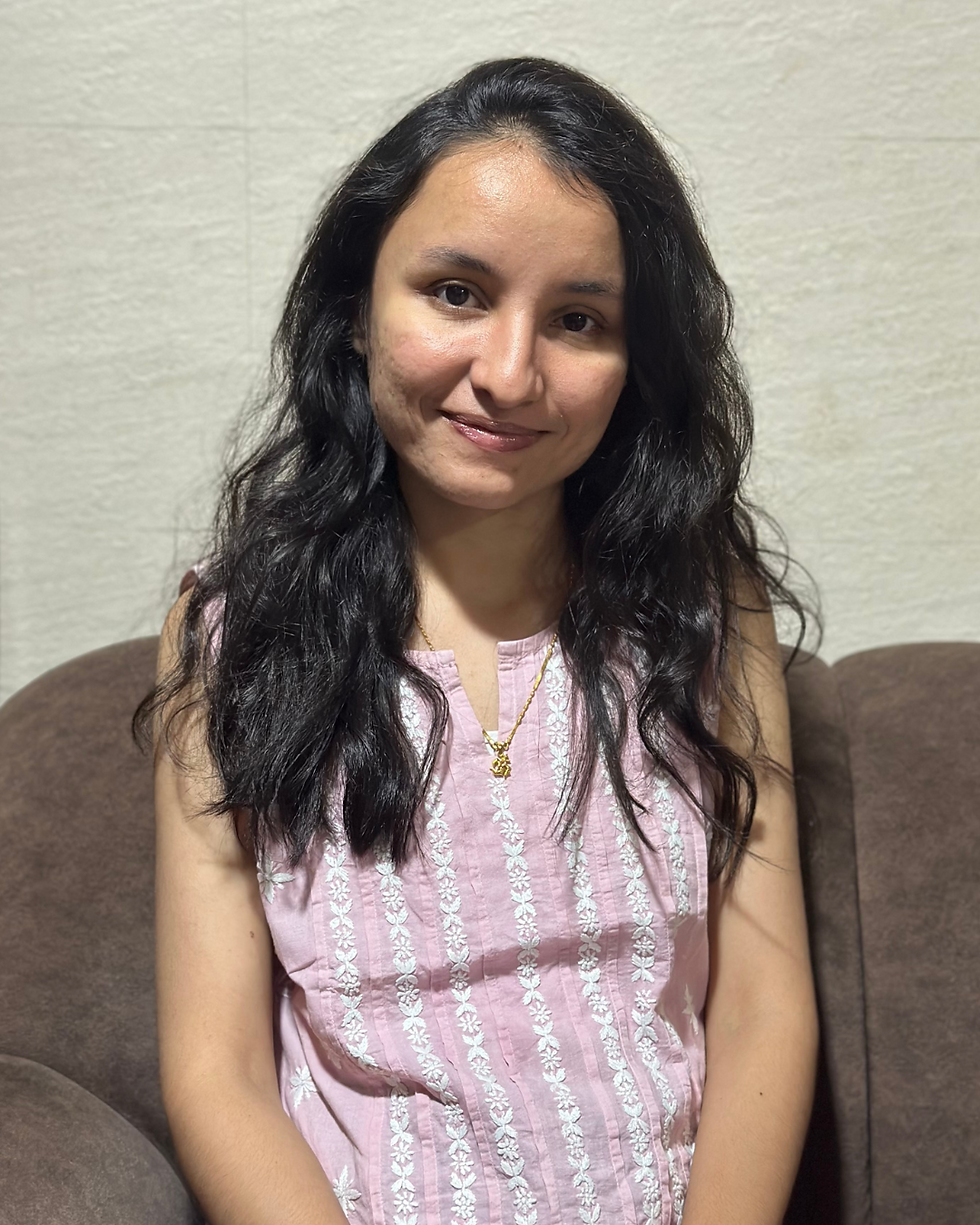What If We Never Spoke About Mental Health?
- Vidhi Bhanushali

- Oct 7, 2025
- 3 min read
“Have you heard about this?” – a phrase we often use when talking about cricket scores, election results, Bollywood gossip, or the latest festival celebrations. But how often do we hear this phrase when it comes to mental health? Almost never. And that silence is the real problem.
When stress, anxiety, or loneliness are not spoken about, they don’t disappear. They quietly grow, layer by layer, until they turn into something more serious, like a disorder. A student under academic pressure, a young professional drowning in workload, a homemaker battling unworthiness, or a senior silently suffering from depression, if they cannot share what they feel, their pain remains hidden. But how and when will they share if they are never aware of what they are going through? The more we live in the dark, devoid of awareness, the less help will be sought.

Do You Want to Live in Such a World?
Imagine a society where no one dares to admit, “I’m not okay.” Where stigma and fear silence people into pretending everything is fine. A world where mental struggles remain invisible until it is too late. Do we really want to live in such a world?
Why Mental Health Awareness Matters in India?
In India, while we freely discuss physical ailments like fever, cough, diabetes, or high blood pressure, we often stay silent about mental health. This silence stems from stigma, family expectations, and the ever-looming question, “Log kya kahenge?” (What will people say?). But awareness is the first step toward change.
As per the National Mental Health Survey (2015-16), around 10.6% of Indian adults suffer from some form of mental disorder.
The treatment gap — the percentage of those who need help but do not receive it — is between 70% and 92%, depending on the disorder.
Mental health issues are more prevalent in urban metro regions (~ 13.5%) than in rural areas (~ 6.9%) or smaller cities and towns.
For adolescents, things look especially concerning: recent surveys show rising levels of anxiety, mood swings, and emotional distress following the disruptions from the COVID-19 pandemic.

Why this Matters:
Early Recognition: Talking helps us notice problems before they become disorders.
Breaking Stigma: Conversations challenge harmful myths, such as “mental illness is weakness.”
Creating Support Systems: Families, schools, and workplaces can become safe spaces when mental health is normalised.
The Solution? Let’s Build Compassion in Two Steps!
1. Speak and Listen Without Judgment. The first step is simple but powerful, i.e. start conversations. Ask them how they really feel. Listen patiently without dismissing their feelings with phrases like, “Sab theek ho jayega” (everything will be fine). Sometimes, being heard is the beginning of healing.
2. Show Compassion Through Action Compassion is more than kind words—it is support in action. Imagine if every school integrated counseling into its daily system, every workplace valued mental well-being as much as productivity, and every community organised awareness drives just like health camps. These steps would create not just safer spaces, but stronger, kinder ones. And compassion doesn’t always have to be grand. Sometimes, it’s as simple as checking in on a friend, offering encouragement, or guiding someone toward professional help. Small acts, when multiplied across families, schools, and neighbourhoods, can spark larger waves of change.
Lighting the Lamp of Awareness in the Indian Context
In India, our festivals bind us together, won’t you agree? If we can come together to celebrate Diwali by lighting lamps to chase away darkness, why not also light the lamp of awareness and understanding to remove the darkness of stigma? If we can exchange sweets during festivals, we can also exchange kindness during struggles.
Mental health is not a luxury; it is as essential as physical health. Silence breeds suffering, but conversations spark healing. The more we speak, the more we normalise, and the more lives we can save.

So, let’s ask again: Do you want to live in a world where no one talks about mental health? If the answer is no, then the responsibility lies with us to speak, to listen, and above all, to be compassionate.

By Vidhi Bhanushali
Vidhi is our Psychology Intern. As an aspiring Clinical Psychologist, she is committed to providing a safe and non-judgmental therapeutic space where you can freely explore your thoughts, emotions, and experiences. Through Innate Mind, she is dedicated to supporting your personal growth and empowering you to navigate life's challenges with resilience and confidence.




Comments